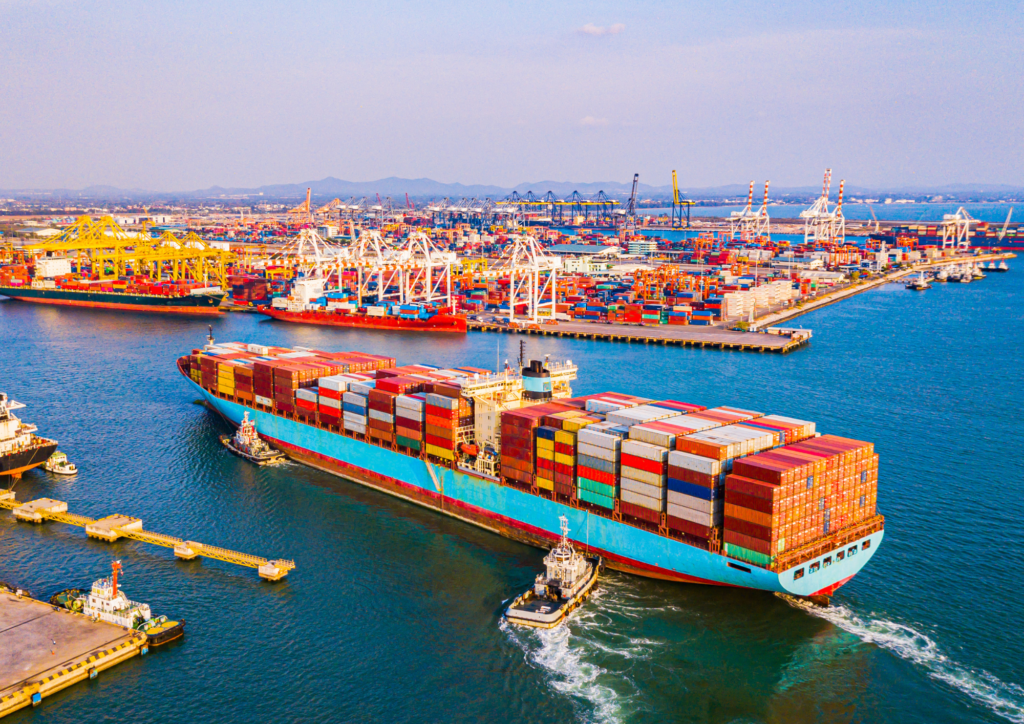Beautiful Plants For Your Interior


Introduction: Why Singapore & Europe are Prime Markets for Sri Lankan Exports
The demand for Sri Lankan exports in Singapore and Europe has been steadily increasing due to their preference for organic, high-quality, and sustainably sourced products. With Sri Lanka’s rich agricultural and seafood industry, exporters can tap into these lucrative markets by understanding market trends and consumer preferences.
In this article, we’ll explore:
✔️ Key market trends in Singapore and Europe
✔️ Consumer demand for Sri Lankan products
✔️ Export opportunities and strategies
Whether you’re an agriculture, seafood, or spice exporter, this guide will help you optimize your business for global success.
1. Key Market Trends in Singapore and Europe
1.1. The Rise of Organic & Sustainable Products
🌱 Singapore & Europe prioritize organic, sustainable, and ethically sourced products.
- The European Union (EU) has strict regulations on pesticide use, encouraging imports of certified organic products.
- Singapore is promoting eco-friendly and health-conscious food choices, increasing demand for organic vegetables, fruits, and spices.
1.2. Increased Demand for Exotic Fruits & Spices
🍍 Sri Lanka’s tropical fruits and spices are in high demand.
- European consumers love pineapples, mangoes, papayas, and passion fruit from Sri Lanka.
- Singapore’s hospitality and restaurant industry seeks authentic Ceylon cinnamon, black pepper, and cloves.
1.3. Seafood & Aquaculture Growth in Singapore
🐟 Singapore is a major importer of fresh and dried seafood.
- The city-state heavily relies on imported fish, prawns, and crabs.
- Sri Lankan seafood exporters can benefit from Singapore’s rising demand for sustainable seafood.
1.4. Europe’s Growing Preference for Plant-Based Foods
🥦 European consumers are shifting towards plant-based diets.
- The EU market is seeing an increase in vegan, gluten-free, and organic foods.
- Sri Lankan jackfruit, lentils, and coconut-based products are gaining popularity.
1.5. E-commerce & Online Grocery Shopping on the Rise
📦 More buyers are turning to digital platforms for food imports.
- Singaporeans prefer buying groceries online from trusted suppliers.
- Europe’s online food market is growing, creating direct-to-consumer export opportunities.
2. Consumer Preferences in Singapore & Europe for Sri Lankan Exports
2.1. What Do Singaporean Consumers Look for in Imported Products?
✅ Premium Quality & Freshness – Consumers expect high-quality, pesticide-free produce.
✅ Convenience – Pre-cut vegetables, frozen fruit, and ready-to-use spices are popular.
✅ Halal Certification – A key requirement for meat, seafood, and processed food exports.
2.2. What Do European Consumers Look for in Sri Lankan Products?
✅ Certified Organic & Fair Trade Products – Europe prefers ethically sourced food.
✅ Traceability & Sustainable Packaging – Buyers want eco-friendly packaging with clear sourcing details.
✅ Authenticity & Exotic Flavors – Consumers love Sri Lankan spices, tropical fruits, and seafood specialties.
3. Top Sri Lankan Products for Export to Singapore & Europe
3.1. High-Demand Sri Lankan Products in Singapore
📌 Fresh & Dried Fruits – Bananas, mangoes, pineapples, and papayas
📌 Vegetables – Carrots, beans, bell peppers, and yams
📌 Spices & Herbs – Cinnamon, pepper, cloves, and curry leaves
📌 Seafood & Dried Fish – Prawns, crabs, tuna, and dried fish
3.2. High-Demand Sri Lankan Products in Europe
📌 Organic Coconut Products – Coconut oil, coconut flour, and desiccated coconut
📌 Plant-Based & Superfoods – Jackfruit, lentils, and turmeric
📌 Ethical Tea & Coffee – Ceylon tea and organic coffee
📌 Sustainable Spices – Ceylon cinnamon, black pepper, and nutmeg
4. Exporting to Singapore & Europe – Compliance & Certifications
4.1. Singapore Import Regulations
🔹 Food Safety & Standards: Products must meet Singapore’s Agri-Food & Veterinary Authority (AVA) standards.
🔹 Halal Certification: Required for meat, seafood, and processed food.
🔹 Packaging & Labeling: English labeling with nutrition facts is mandatory.
4.2. European Union (EU) Import Regulations
🔹 EU Organic Certification: Essential for exporting organic fruits, vegetables, and spices.
🔹 Phytosanitary Certificate: Required for plant-based products to prevent pests.
🔹 Sustainability & Traceability: Packaging should include sourcing details & sustainability claims.
5. Export Strategies for Sri Lankan Businesses
5.1. Building Strong Distribution Channels
📌 Wholesale Distributors: Partner with leading food distributors in Singapore & Europe.
📌 Retail Supermarkets: Target chains like FairPrice, Carrefour, Tesco, and Lidl.
📌 Online Marketplaces: Use platforms like RedMart (Singapore), Amazon EU, and specialty organic stores.
5.2. Branding Sri Lankan Products for International Markets
🌍 Highlight Sri Lanka’s Rich Agricultural Heritage – Use “Authentic Sri Lankan Origin” branding.
♻️ Emphasize Sustainable & Organic Farming – Appeal to eco-conscious buyers.
🏆 Showcase Awards & Certifications – EU Organic, Fair Trade, Halal, and ISO certifications increase credibility.
6. Conclusion: Thriving in the Global Market with Sri Lankan Exports
The demand for Sri Lankan exports in Singapore and Europe is stronger than ever. By aligning with market trends and consumer preferences, businesses can:
🚀 Expand into high-growth international markets
💰 Increase profit margins with premium organic exports
📦 Leverage e-commerce for direct-to-consumer sales
Now is the time for Sri Lankan exporters to seize these opportunities and build a strong global presence!
🚀 Want to expand your Sri Lankan exports to Singapore and Europe? Contact us for expert assistance!
